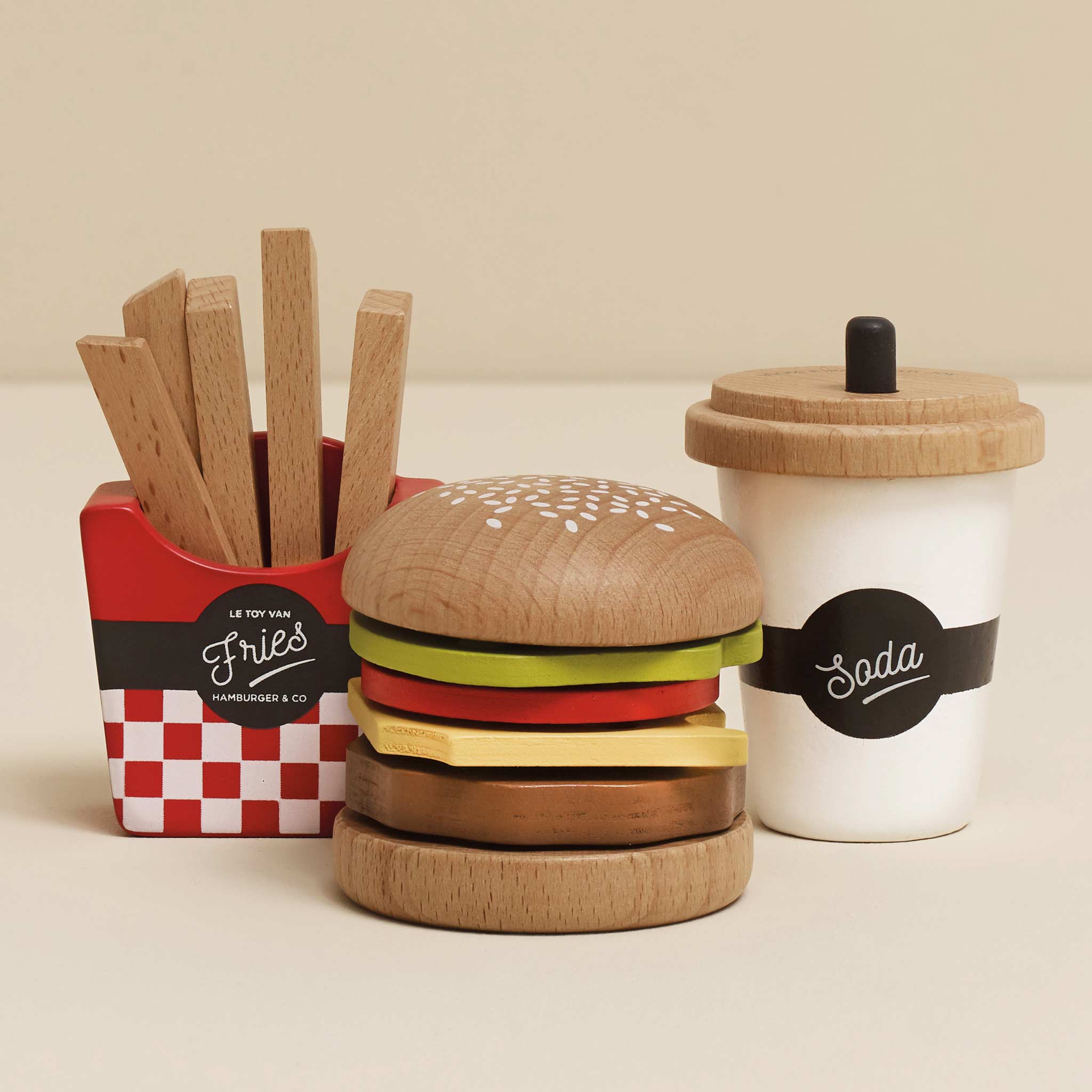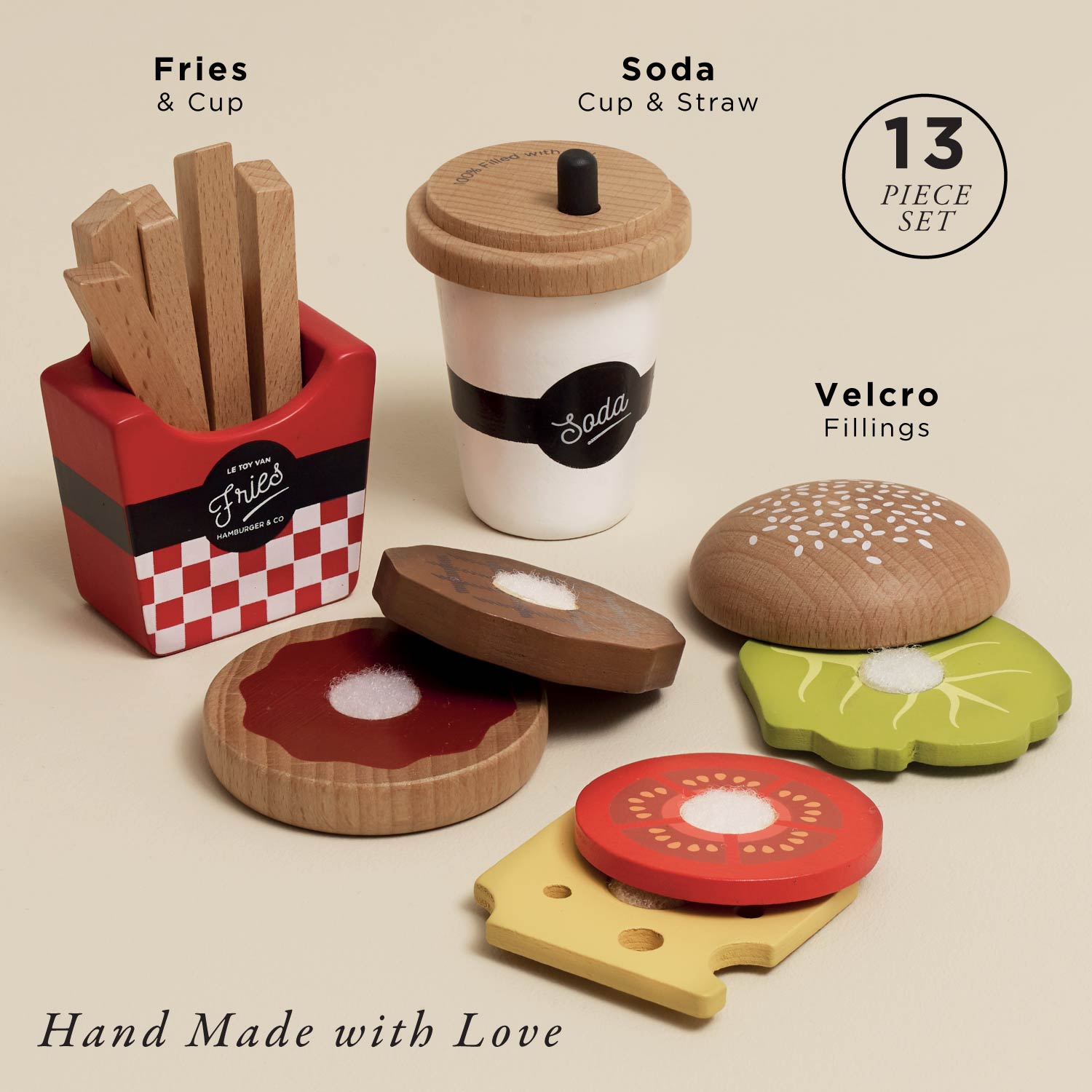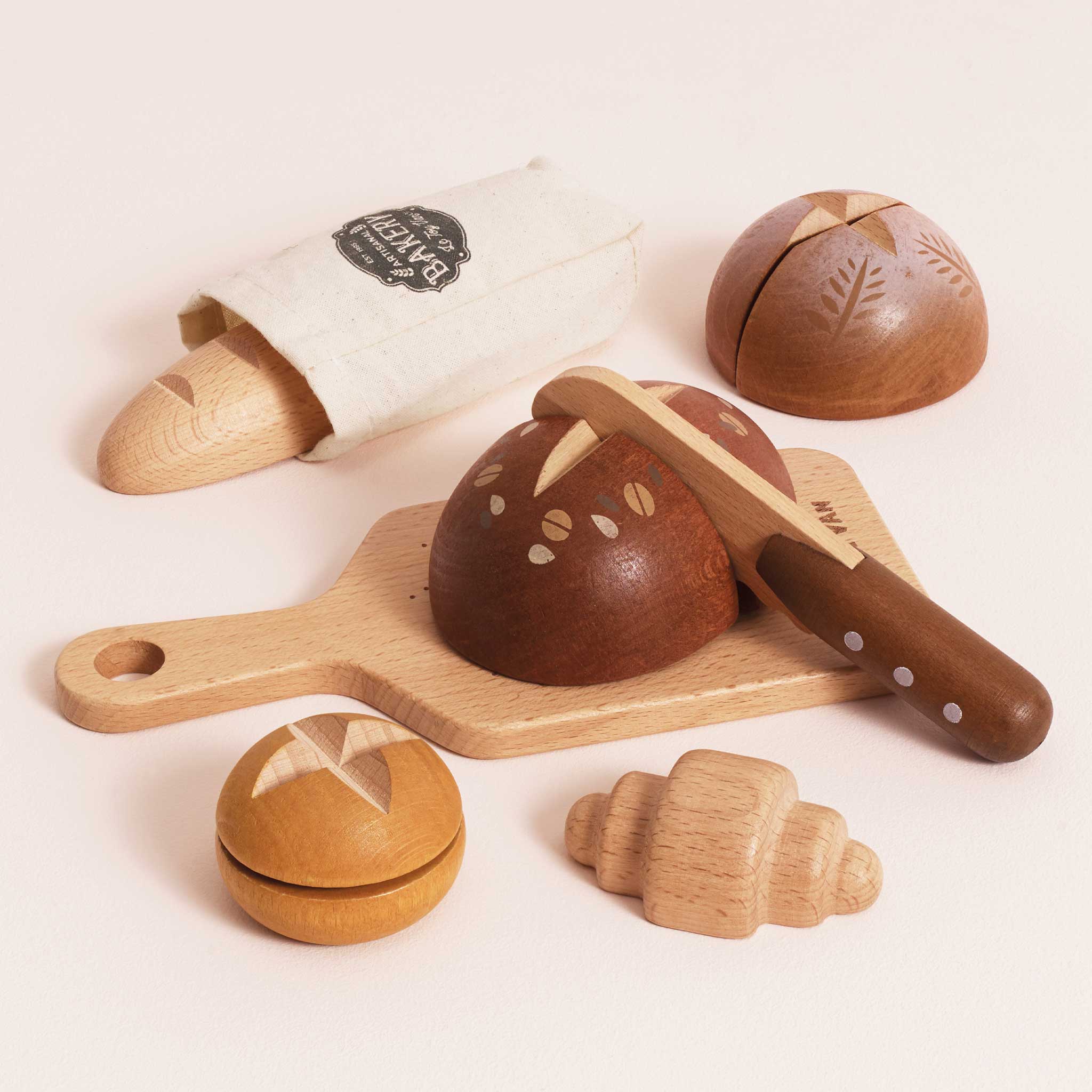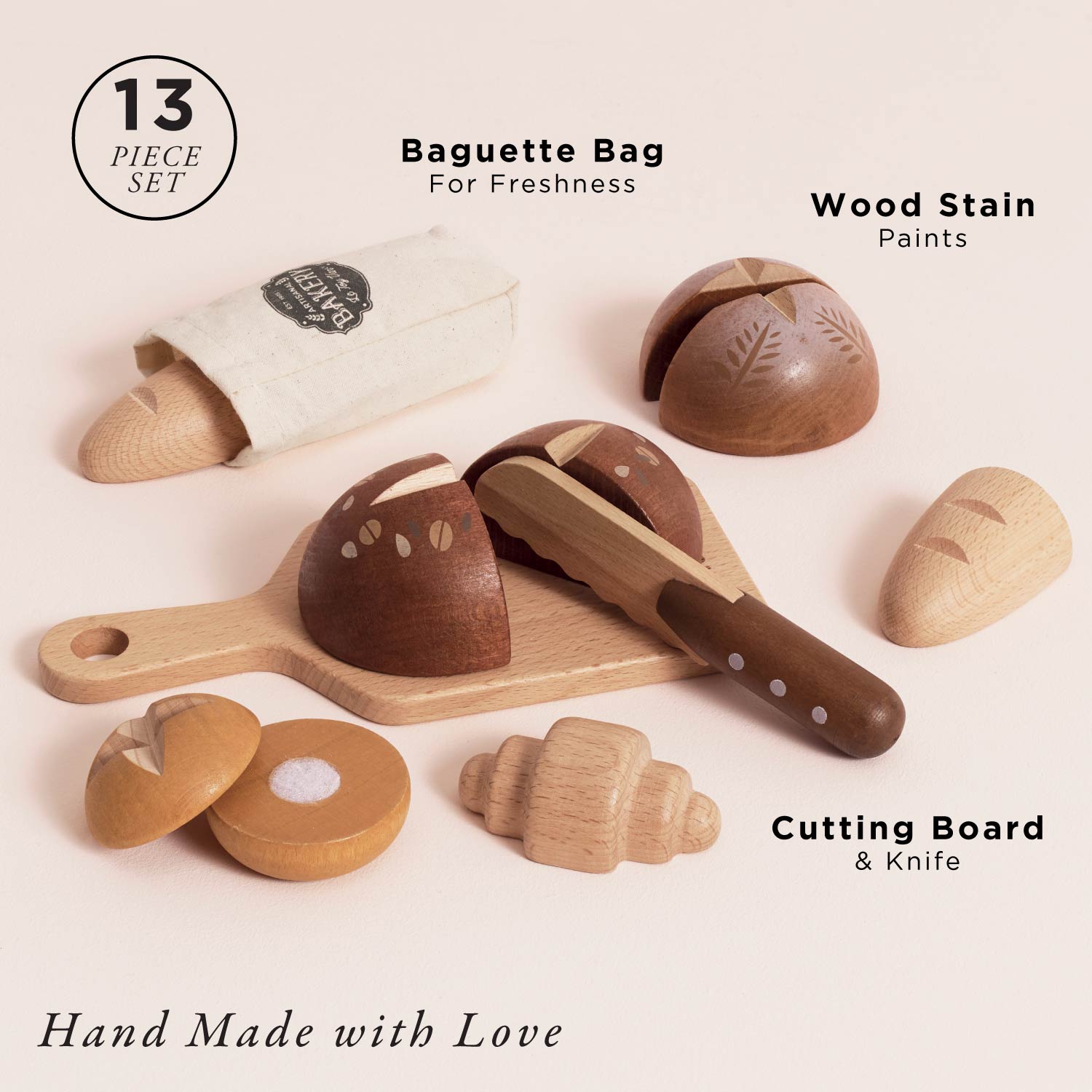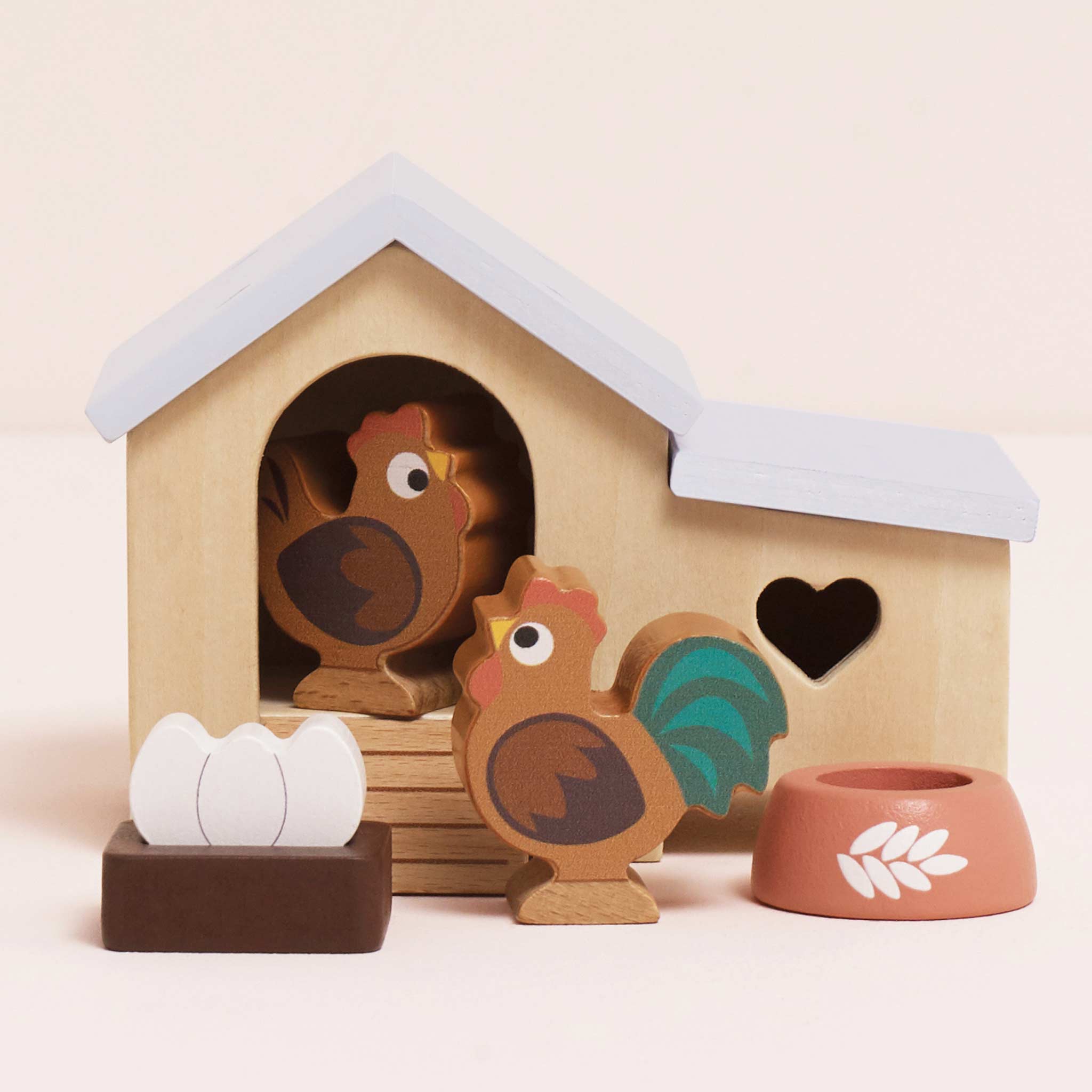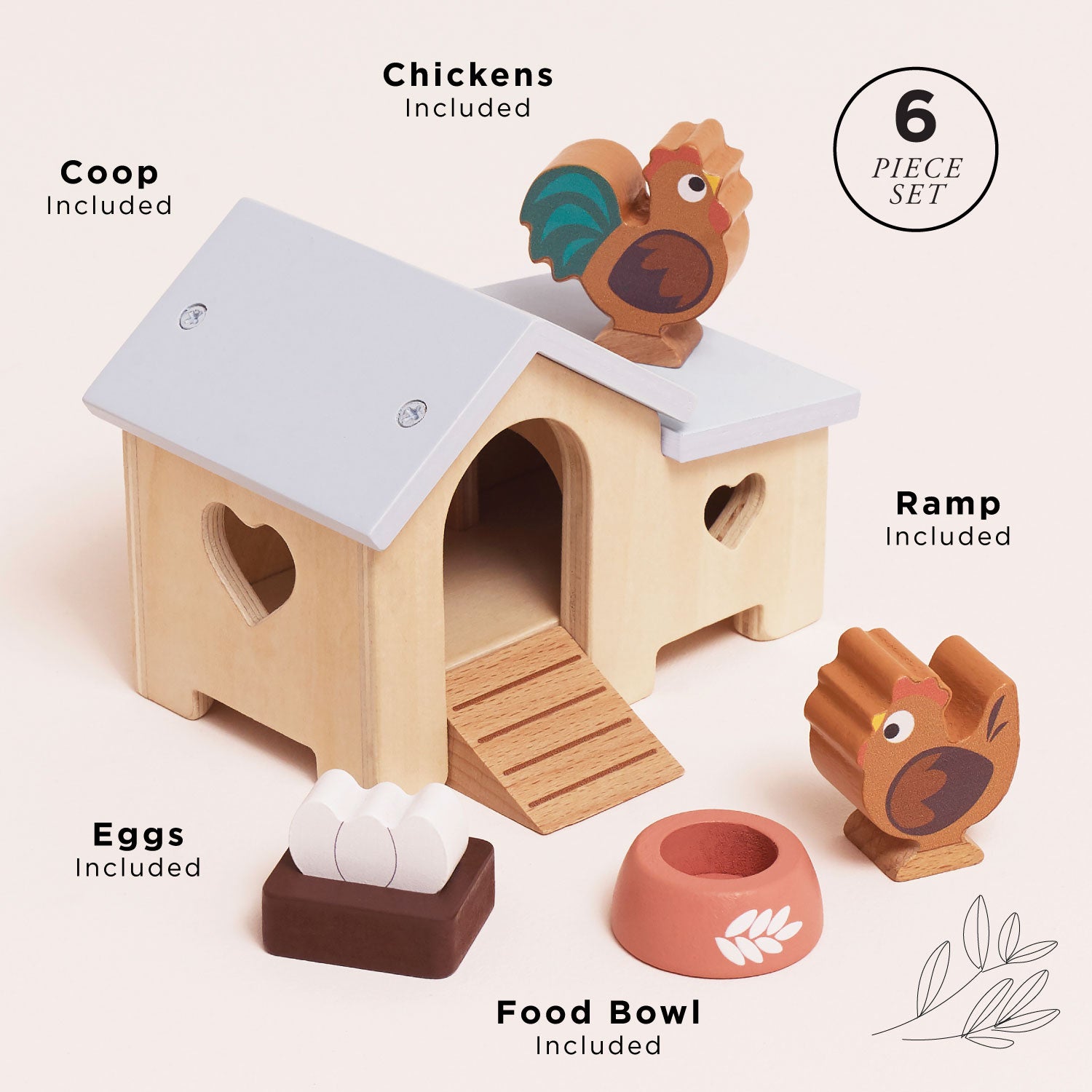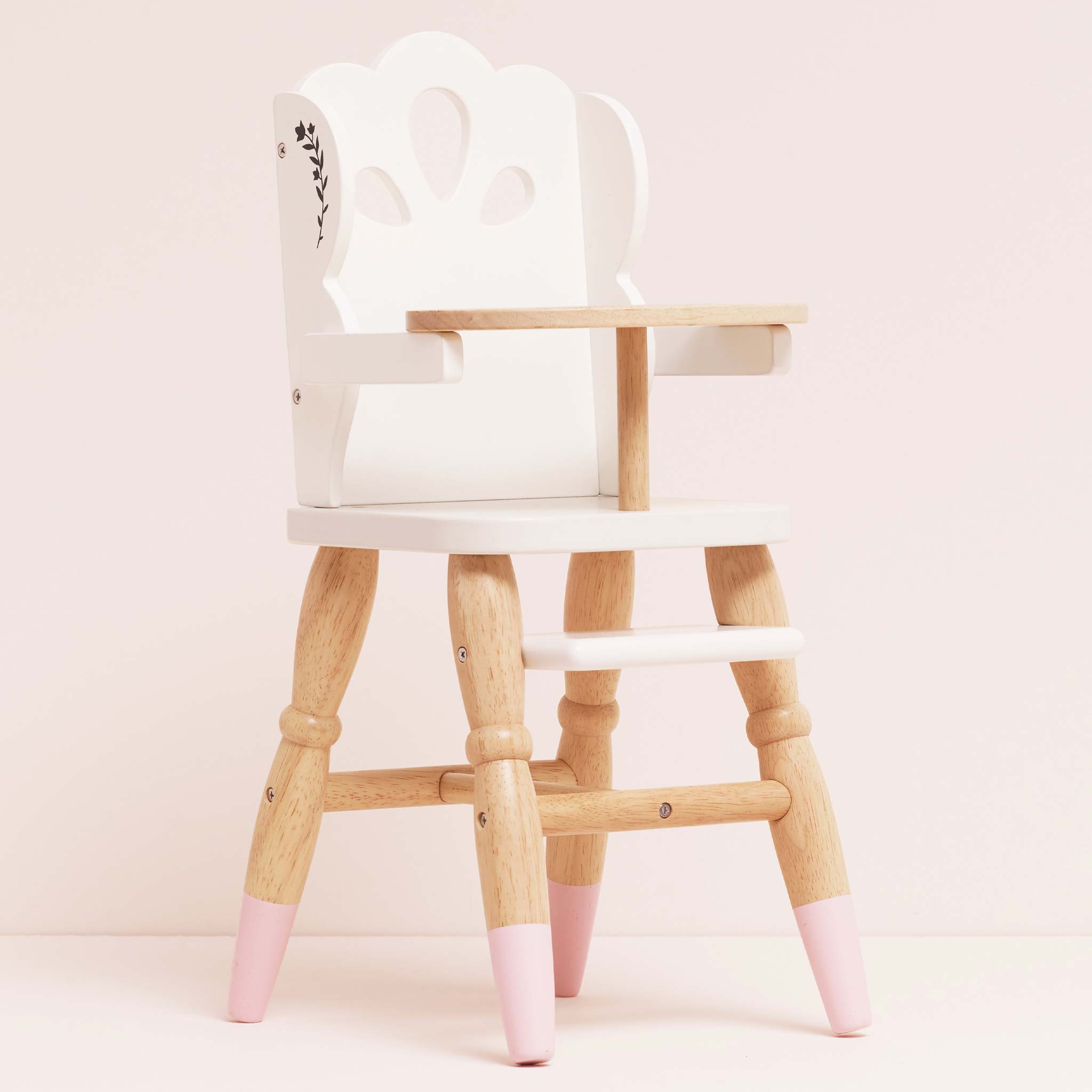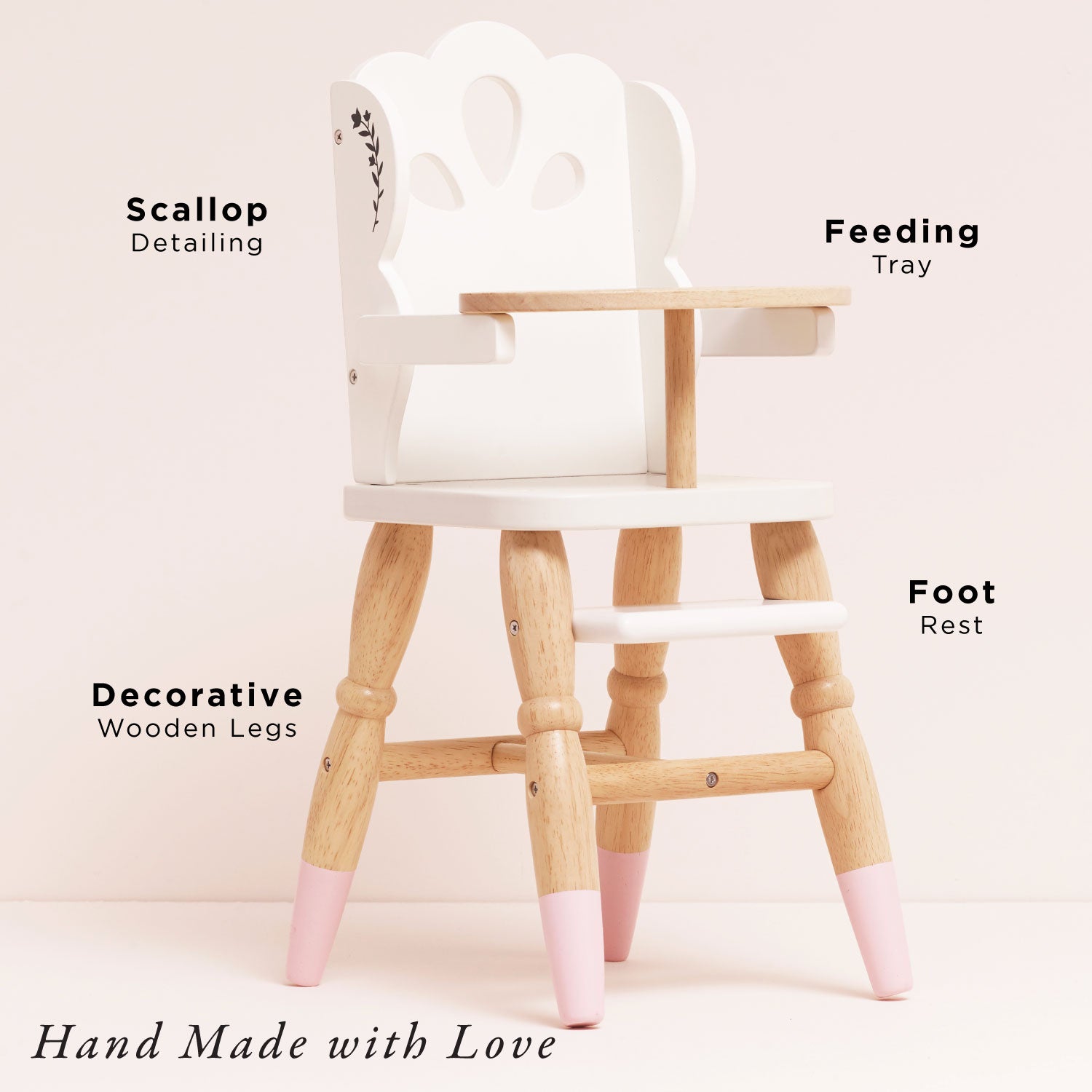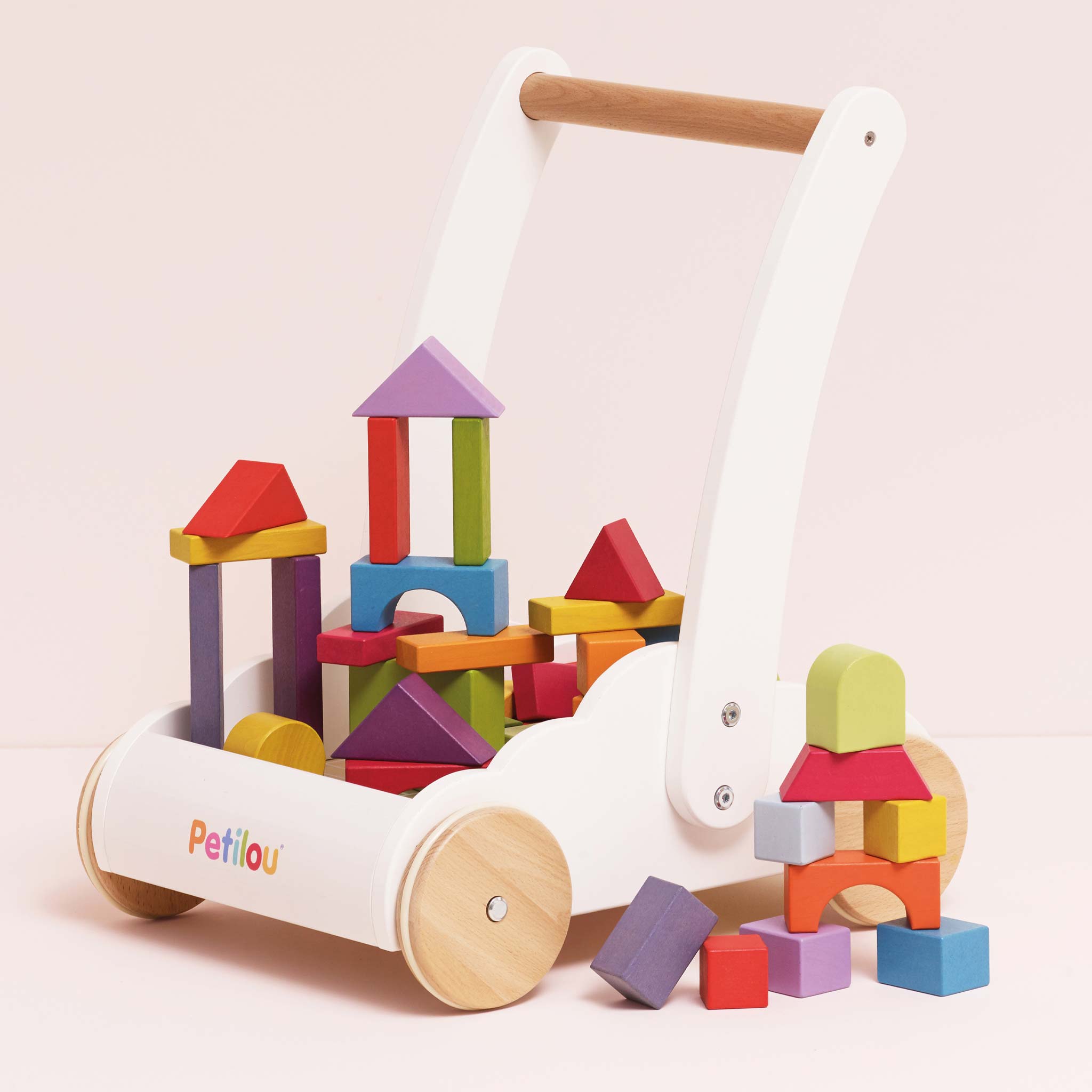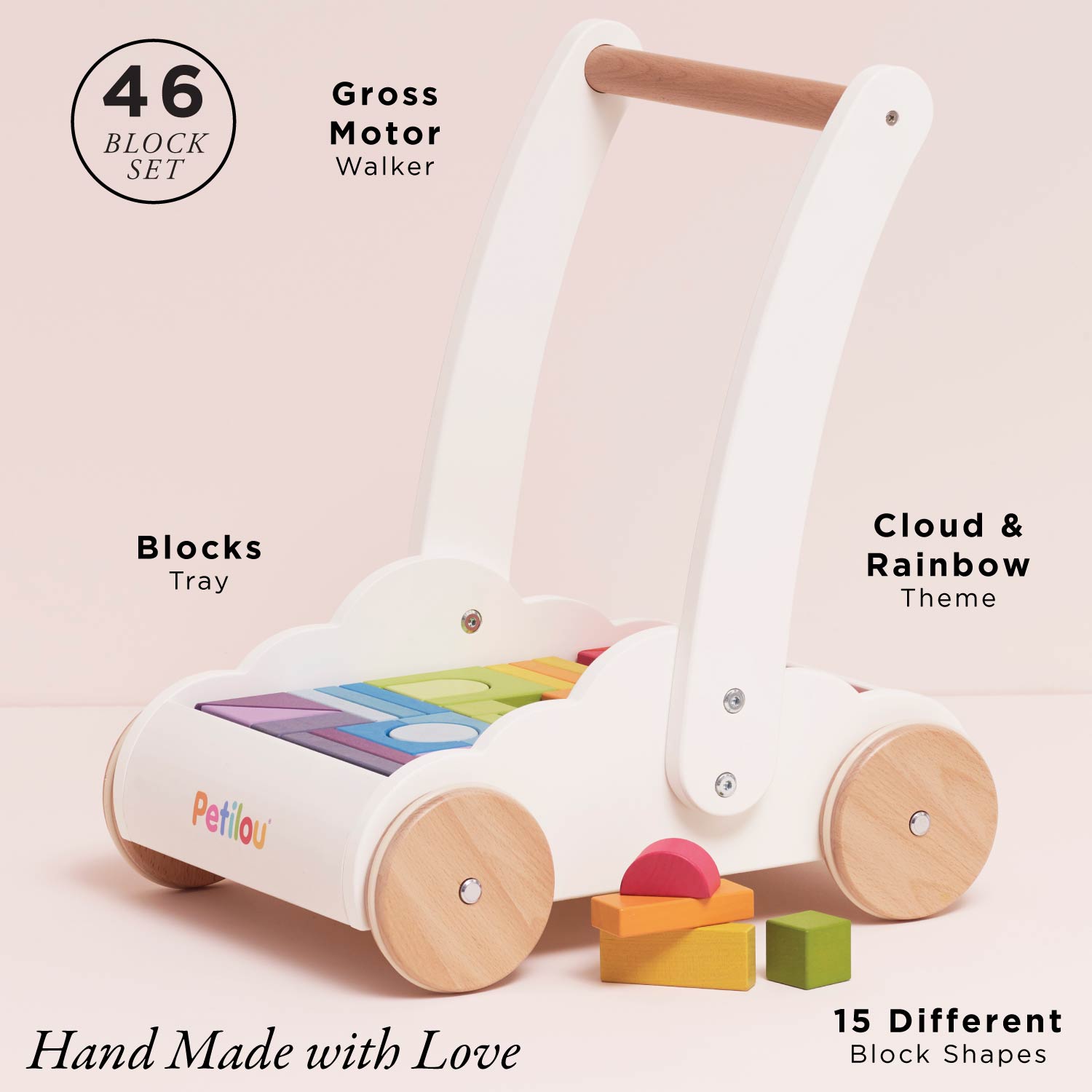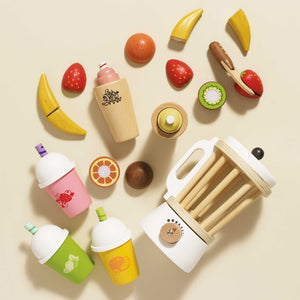There are numerous ways to educate a child without an official ‘right way’, this is evident by the fact that different countries and societies across the globe all provide varying approaches with regards to educational methods. However, parallels and similarities can be observed across a broad spectrum in terms of what is generally known as a traditional or conventional approach, typically set by parameters and milestones which invariably involve structured set of formal assessments, grading and rules to adhere to. Although it should be noted that within these more conventional systems, there will, of course, be differences between different establishments.
In the UK, mainstream schooling begins in Year 1 or Reception as it is also known, at the age of 4 to 5 years – however, many of our European counterparts begin primary education later – systems in other regions of the world, differ again in terms of approach and expectations towards learning.
Some families, carers or educators, seek alternative methods of schooling for their children, (also known as progressive schooling), where what is often considered an unconventional approach to education, where the learning tends to be more child-focused rather than driven by academic targets. Such types of education may also put greater emphasis on some of the complementary aspects of education – helping to develop skills which may not be given a priority at school – rather than the traditional focus on academic skills, there is greater importance set on creativity, self-development and well-being. Engaging in fun and creative play can help young children not only with learning but it also assists their psychological development, helping them to self soothe, manage their anxieties and become more rounded individuals, able to cope with their emotions as they move through the school system.
Different Types of Alternative Education
There are a number of types of alternative methods, some are well-established organisations with schools across the globe whereas others are lesser-known smaller operations, and there is also the increasingly popular, home education.
Montessori Schools
There are approximately 20,000 Montessori Schools found across the world; with an ethos of creativity and exploration, these schools differ from conventional education in many ways. Pioneered by the first female in Italy to receive a qualification as a physician, Maria Montessori developed a child-focused philosophy with regards to education. The underlying principle was that in order to successfully develop, children should be in charge of their own decision making by being presented with educational choices. Montessori believed that children were born with absorbent minds and as such, are capable of self-learning. She empowered children with the freedom to choose how they spent their time with the choice of various activities, whilst the teacher or educator observed.
Children in this environment were not encouraged to compete, something which was also emphasised by a lack of formal testing and grades - the child is given the opportunity to commit to freely chosen work, which they determine by themselves if they find it interesting or not. The choice, however, does take place in a controlled environment and it is not a ‘free for all’, there are limitations as to what each child is able to do.
In the Montessori method, the role of the educator or teacher is to stimulate the child, helping them to develop confidence in their own learning. Child development is described as passing through 4 phases or evolutionary periods which Montessori termed as planes of development. The educator is also responsible for following the child and identifying their individual needs at each different developmental phase they enter.
The curriculum begins at birth, with the belief that the child’s future development is based on their individual experience from 1 to 3 years – a phase known as the ‘spiritual embryo’ – where the learning process is achieved due to the child’s naturally absorbent mind. This phase incorporates experiences, relations, emotions, languages and culture by living. Children at this phase are given sensory materials to provide them with the tools they need to explore and investigate learning about size, weight, texture, contrast, colour and space etc. this helps the young child to be able to understand the world and process it psychologically, it also helps with practical life, language, maths and sensory recognition.
Waldorf Steiner Education
Austrian academic Rudolf Steiner 1861 – 1925 is acknowledged as the founding inspiration of Waldorf Steiner education - Steiner schools can now be found all over the globe. The main ethos for Steiner education is to provide an unhurried creative learning experience where children of all different faiths and abilities are welcome. The early years in Steiner education are from birth to 7 years and are known as the kindergarten years, where children are encouraged to experience long periods of free play. The core philosophy to Steiner education explores the linkage between physical and intellectual development – the relationship between the body and the mind – it explores the concept that forced formal learning has a negative impact and reduces learning potential and may also increase attention deficit disorders. The Steiner method is one which is said to encourage creative thinking and a learning process which stimulates students to think holistically about what is important in life, rather than merely striving to reaching formal academic goals which subsequently transform in later life into professionalism and materialism. Steiner education begins in the early years and play is considered extremely important in the overall experience – the key element in Kindergarten is to develop free, imaginative play.
Home-Schooling
An increasing number of parents feel as though they are able to provide education better suited to their child’s individual needs in a home environment, as this affords the opportunity to be able to focus on the child’s learning on a one-to-one basis, at the child’s pace – making the learning more effective. State schools have an average class size of 30 children, having all 30 children doing the same thing at the same time does not always work for everyone, in the home-schooling set-up, the child’s learning is governed by the parent’s choices and not restricted by exams, rules and timetables - providing children with the freedom to investigate, explore and follow their own interests.

Learning Through Play
The materials are specifically chosen to allow and encourage the child to explore and investigate whilst promoting concentration in the process. During the foundation and early years there are a number of open-ended toys which encourage creativity. There are all sorts of toys and games which cover various topics and help towards alternative forms of learning.
Steiner Toys
Toys for young children partaking in Steiner education should help to support creative and imaginative play, many Steiner schools do not encourage electronic devices such as tablets and so forth, as these are not helpful at stimulating creative play. Toys should ideally be made from natural materials such as wood and other types of fibre, which are sustainably and ethically produced.
Montessori Toys
A Montessori toy should be one which stimulates learning by encouraging the child to experiment – it is typically a toy which the child can touch and hold. Such toys should help to engage the child’s independent play as well as improving their motor skills and strengthening. Such toys can include ABC puzzles, wooden blocks, shapes etc.
Home Schooling Toys
Much like the aforementioned Steiner and Montessori toys, anything used for home schooling should also help children to reach all of the developmental milestones – physical, cognitive, language and emotional.
Le Toy Van Educational Toys
Play is an essential part of education for all children, helping them to improve coordination, balance, dexterity, problem-solving techniques, creative thinking as well as encouraging sharing and social interactions. The use of toys in a safe environment allows children to recreate real-life situations through role-play and support their understanding of the world.
Le Toy Van specialise in designing and manufacturing ethical and sustainable wooden toys which help to develop and support the growing mind of a young child. We offer a range of gender-inclusive educational toys which support alternative schooling methods from birth to 3+ years.
The Petilou Range 0-3 Years
This wide selection of educational toys made from repurposed rubber wood are specifically designed to support basic skills such as balance, dexterity, memory and recognition of shapes and colour. This range features a wide variety of designs all of which are designed to engage the child in creative and imaginative play in different ways.
Alex’s Work Bench
A sturdy and robust wooden workbench complete with 12 accessories which can be played interactively to encourage social interaction, sharing and turn taking, speech and language development – it also provides hours of creative, fun, and imaginative play as well as developing problem-solving skills – it also has a clock incorporated into the design to learn number recognition.
Sophie’s Doll’s House
The perfect doll’s house for any child, this award-winning toy is ideally suited for children age 3+ and perfect for role play scenario, it encourages the development of social skills, language, and creativity.
For more information on our selection of educational toys, don’t hesitate to get in touch today.
